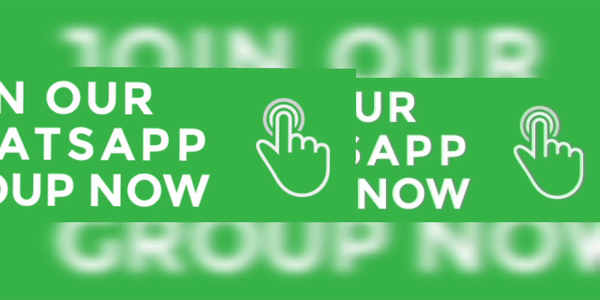The novel coronavirus or the COVID 19 originated in Wuhan, China, has trapped the whole wide world right in front of our eyes in no time. The virus is so dangerous that around 23,29,651 people across the globe have got affected and over one lakh people have died*1
Although five lakh people have been recovered, this virus has not calmed down yet. Countries like Italy with supreme medical facilities could not stop this virus from taking thousands of lives. This virus has made the superpower helpless.
India reported its first case on 30th January 2020 in Kerala. The number rose to three by 3rd February 2020. All these three cases reported were students from China. The number of cases further rose in the first week of March and is continuously rising till date. Amidst the pandemic, the government of India, on 24th March, ordered a nationwide lockdown for 21 days, limiting movement of the entire Indian population as a preventive measure against coronavirus. On the advice of state governments and other advisory agencies, Prime Minister of India on 14th April extended the lockdown till 3rd May.
In this lockdown, when people are not allowed to go outside except for necessities and also schools, colleges, and workplaces being closed, everyone tends to use social media and other online platforms for their work, entertainment, and also to remain updated. Various educational institutions are using these platforms to reach out to their students. The MNCs have asked their employees to work from home through these platforms. There are so many different benefits of these social and online media but there has been a misuse of such machinery by some of the population.
There has been a spread of fake news on such platforms. This has persuaded the government to make such people liable, under section 505, 154 and 295A of Indian Penal Code, who spread such news to create panic among the masses. In Maharashtra, 218 cases of fake news have been registered since the lockdown.*2
According to a report of the Ministry of Human Affairs, there has been a 86% rise in cybercrimes in the past few weeks. These crimes include fraud, bullying, illegal money transactions, etc.
Communal disharmony and bigotry increased after the negligence of the worshippers of Tablighi Jamaat, an Islamic missionary movement, at Nizamuddin Markaz, New Delhi. It became the worst coronavirus vector in India. Almost one-third of the total reported cases are related to this religious gathering. This event infused panic amongst people which eventually resulted in intolerance and disharmony between various religious groups. So many hate speeches against each other’s communities were seen being viral on various social media like Twitter and Facebook. Recently, Rangoli Chandel’s ( sister of Bollywood actress Kangana Ranaut) Twitter account got suspended as she posted a tweet addressing ‘mullahs' and ‘ secular media’, which encouraged communal hatred and violence. There has been a rise in intolerance among individuals and they have been lashing each other on such platforms since the event of the Jamaat was highlighted.
Various schools and colleges are carrying out their academic functions and studies through video conferencing or by the means of recorded lectures through various applications and media. The companies and other public and private entities are also doing their work online. The ‘Zoom’ app has become popular across the globe for carrying out meetings and video conferencing by students, teachers, and other delegates. However, the app was recently accused of selling personal data of users at a mere cost of 15 paise per account. Also, the hacking of meetings has been reported. Germany, Taiwan, and Singapore have already banned its use. The MHA has, however, released certain guidelines for the public to follow for safety purposes.*3
In the time of such pandemic where every single individual’s life is at stake, the spread of such crimes and intolerance will only lead to panic and hatred. The virus does not attack a particular religion. It does not see whether a person is rich or poor. It just attacks anyone who comes in contact with it. We need unity but through Social Distancing and proper use of social media can bind us together and make us successful.
This Article is written by Kaushiki Mishra. She is currently pursuing her B.A.LL.B.(Hons.) at Galgotias University.
REFERENCES :
1 Coronavirus death tolls and trends, 19th April 2020,
https://www.worldometers.info/coronavirus/coronavirus-death-toll/.
2 Saurabh Vaktania, April 16, 2020, Maharashtra cracks whip on fake news, hate speech, 218 cases registered.
https://www.indiatoday.in/india/story/coronavirus-maharashtra-cracks-whip-on-fake-news-hate-speech-218-
cases-registered-during-lockdown-1667713-2020-04-16 .
3 Ministry of Home Affairs issues advisory on secure use of Zoom app, 16th April, 2020
https://pib.gov.in/PressReleseDetail.aspx?PRID=1615008 .






0 Comments